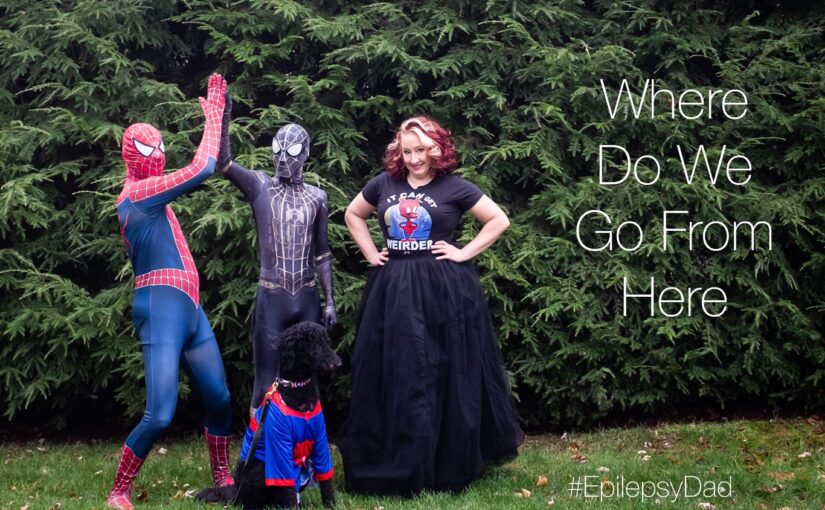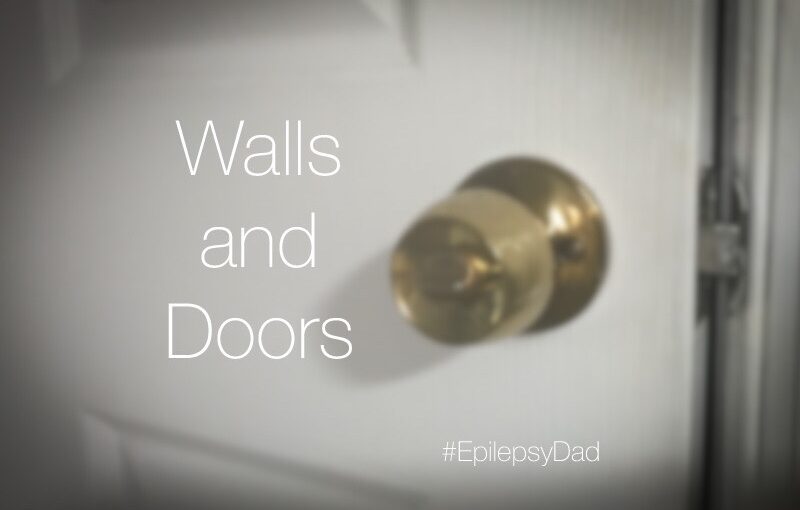I’m coming up on the 8th anniversary of the Epilepsy Dad blog. That’s more than 200 posts documenting our journey since my son was diagnosed with epilepsy in 2014.
The beginning of that journey was pure chaos. We were coming through nearly losing our son when the doctors couldn’t control his seizures when I wrote my first post. I captured the endless and severe side effects of the medications we tried. I shared our experiences with therapy as my son lost control of his emotions. I documented every attempt to control seizures, from CBD to the VNS, that were never able to silence them fully. And I captured not just my son’s challenges but the impact that this complicated condition had on my family and me.
Admittedly, the last few years have been sporadic with posts. I’ll get the inspiration to write when we reach a new milestone or when we encounter a new setback, but largely it’s gotten more difficult to find that inspiration because our life feels pretty settled.
Settled. It’s a strange word to be using. My son still seizes every day. He still takes handfuls of pills multiple times a day. He still struggles in school, socially, and emotionally. His future is still uncertain. From the outside, it must look anything like being settled. But this is our normal. This is our every day, and less and less does anything happen outside that normal.
That’s not to say that we don’t celebrate the exceptions when they do happen, no matter how small. A good report from his teachers or doctors. A hit at a baseball game. A dominant win at Uno. We also have the good fortune to have had amazing experiences and see interesting places. In many ways, we’ve worked hard to get to this place so that this could become our normal, in spite of the challenges.
But where do we go from here?
When I sat down to write, my intention was to make that question about the blog. What else is there to write about? What other part of our story was there to write about when most days feel like a re-run of the previous day?
It was different when the blog started. I used this blog as a way to process my thoughts and feelings about my son’s diagnosis when every day brought new challenges, or when I was reacting to a new obstacle or achievement. It felt like every day there was something to write about, then it was every week, then every month. And now, I’m writing about how there isn’t much to write about.
As I pondered that thought about the blog, though, the act of writing down my thoughts changed to thinking about the future of my son and our family. So much of the last few years have been reactionary, but now we’re trying to shift our gaze from looking backwards to looking forward. From being reactive to being proactive.
Where do we go from here? Forward. Where we go from here is to experience what is ahead of us. Where we go from here is unwritten and unknown, but it is also something we can influence and contains the potential that we can work towards. And maybe, there will be something to write about.
I don’t plan on shutting the blog down, but posts may not be as frequent as we step into the future. But I hope you’ll check in. I hope you’ll be in touch, whether its leaving a comment or sending me an e-mail. And I hope, wherever you are in your journey, that when you find your normal, you can be grateful for the progress, make the most out of every single moment in the present, and be hopeful and intentional about the future.

